The Edelman company, which conducts annual global research, has found that there is something that a person lacks more than money. There is a lack of trust in the modern world. Every year it becomes more and more difficult to obtain truthful information, and the information space is overloaded with fakes and harmful speculation. How can you distinguish facts from fakes and prevent yourself from being manipulated?
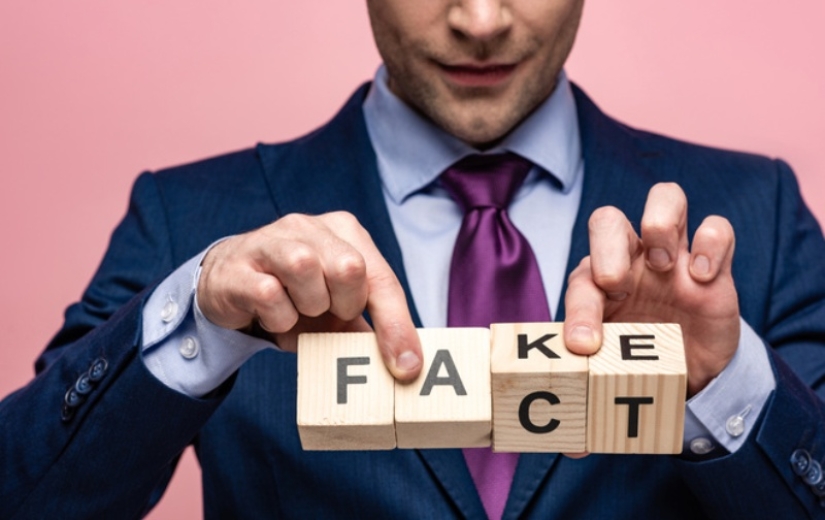
Fake is fake news that is far from reality. However, it has a significant impact on the audience. There may be some truth in fake news, but there is much more distortion of fact and fiction in it. There are key markers of fakes that every modern person should know. This is a source of information, emotions, experts and presentation of facts. Let's look at each of them in order.
It is important to understand where the information is coming from. If this is the website of an organization, then it is worth checking whether it exists at all. Suspicious material may contain links that you need to follow. It is likely that you will end up on very dubious resources, the so-called “drain tanks”. This almost always means that the information is fake and should not be trusted.
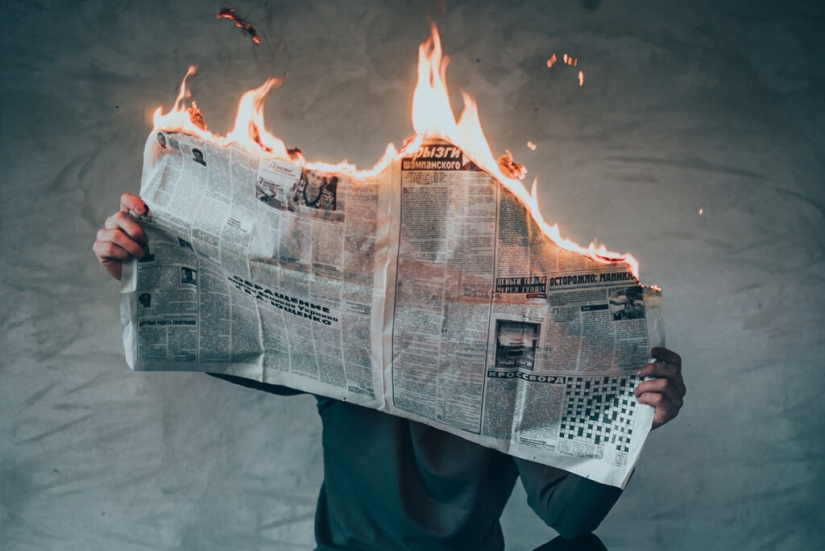
Also, news may come from suspicious public organizations, often fictitious or have already discredited themselves previously. It also happens that information was received from “British scientists” or even from “anonymous sources”. All this is a serious reason to doubt its veracity.
When creating materials, competent journalists usually use information that is confirmed by at least three sources. Ideally, they should be independent of each other. In this way, you can protect yourself from possible misinformation that could be beneficial to someone.
Very often, people trust data obtained from social networks. They can be published by famous bloggers, opinion leaders, and even people you know personally. Perhaps you have no reason not to trust them. But you still need to check the facts, because no one is immune from misconceptions and everyone can make a mistake. Therefore, before you repost, turn on critical thinking and do not give in to emotions. No matter how much you respect a person, you should not blindly trust anyone; it is always better to double-check the information.
Everything is simple here. If the news causes you a strong reaction, prompts you to run somewhere or do something urgently, then this should alert you. There is a high probability that at least some of this information is fake. The purpose of such content is to evoke a feeling of disaster in readers, to set them up for something terrible.
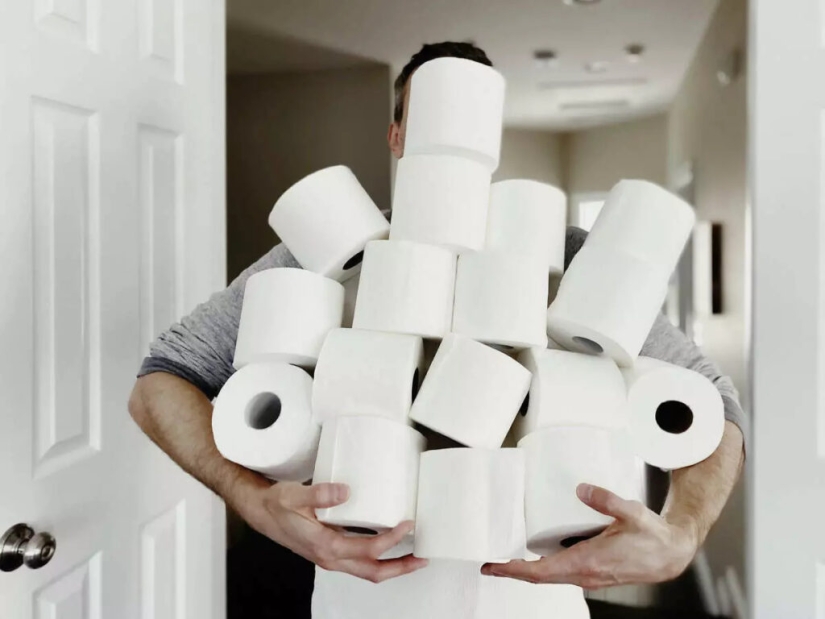
Powerful negative emotions force us to be active, often thoughtlessly. This is exactly how posts about an impending shortage of a product work. Panicked, people run to stores and sweep salt, buckwheat, and toilet paper off the shelves in quantities that boggle the imagination.
It is not difficult to guess that such fakes are launched by those who directly benefit from them. You just need to stop, overcome your emotions and ask yourself the question: “Is this true or an attempt to manipulate me?” Remember that critical thinking can save you from a lot of trouble.
An expert opinion can help you understand many issues. It’s just that finding a person knowledgeable about certain problems is not at all easy. Before asking anyone for help, ask yourself: “Does this person really have expert qualities?”

Nowadays, there are a lot of people around who position themselves as experts, but are not them. By posing as a specialist in a particular field, a person can pursue different goals, for example, financial gain. There are also many who pretend to be experts simply to please their vanity. There is also a special caste of “talking heads” - infogypsies, who for years have been sharing their opinions with an audience of thousands, making money on views, selling advertising or tickets to their performances.
There are also real experts whose opinions will only bring harm. Biased people representing someone’s interests can use their significant authority to promote someone’s harmful ideas and create fake news. Therefore, any “pros” should be treated with a certain amount of skepticism.
It is necessary to distinguish between facts and personal opinion. The news often presents someone's assessment as a fait accompli. It is necessary to separate these two concepts on an emotional level. An expert can predict some terrible cataclysm, but it does not necessarily happen.
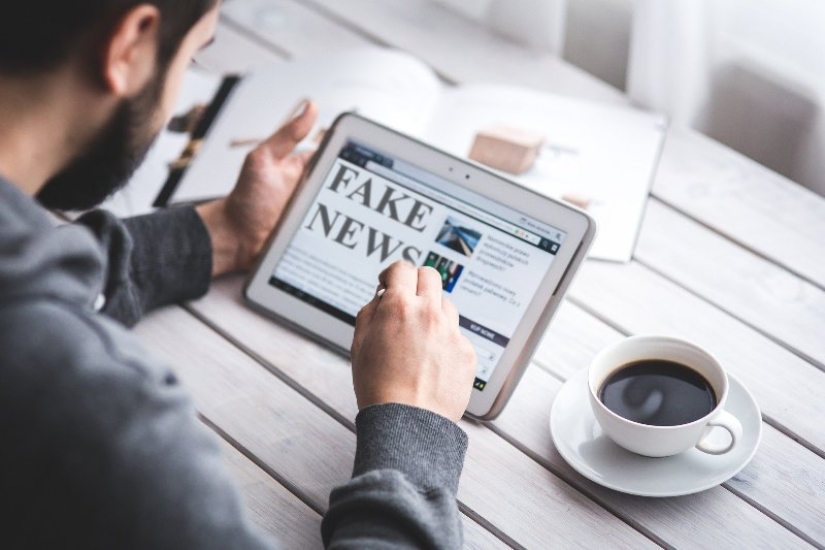
Separately, it is worth mentioning clickbait headlines. They are used to capture the reader’s attention, arouse his emotions and force him to follow the link. To do this, headlines are given a bright emotional coloring or made intriguing. All active Internet users are probably familiar with this phenomenon.
Every year, the creators of fakes are increasingly using photos and video editing. This is how they try to give the news truthfulness. Most of us are visual people, so this kind of visual information is very effective. Modern technologies, and especially neural networks, provide almost unlimited possibilities for producing fakes.
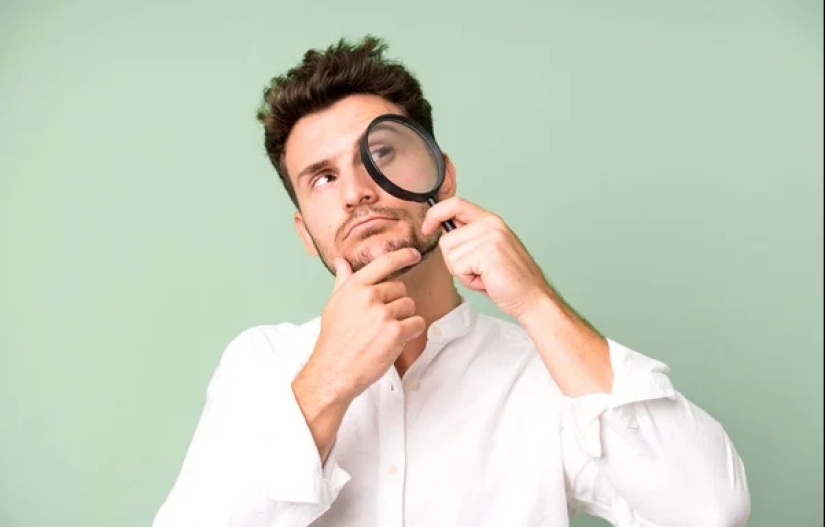
It remains to be added that even readers of serious news portals are not immune from fakes. The flow of information in the modern world is so dense that false information can appear anywhere. Journalists do not always have time to check all the facts. But if you are really interested in something, you should check it out so as not to end up in a stupid position or suffer damage because of someone’s lies.
Recent articles

Most of us think that the color of the eggshell does not play any role and it is possible not to pay attention. But it's not and ...

The more we rely on technology, the more potential power hackers gain over us. It doesn't matter if their goal is to help or cause ...

Creating a good portrait is one of the most difficult tasks for any photographer. In order to make a really natural and memorable ...